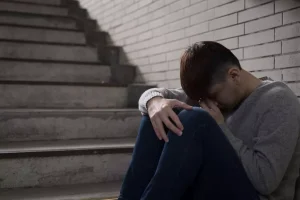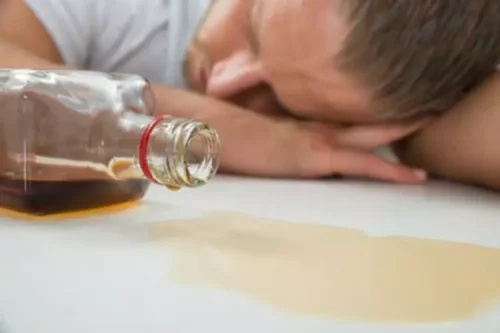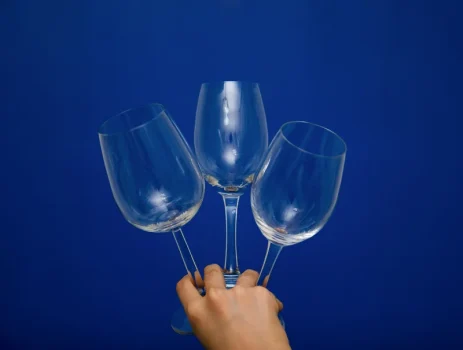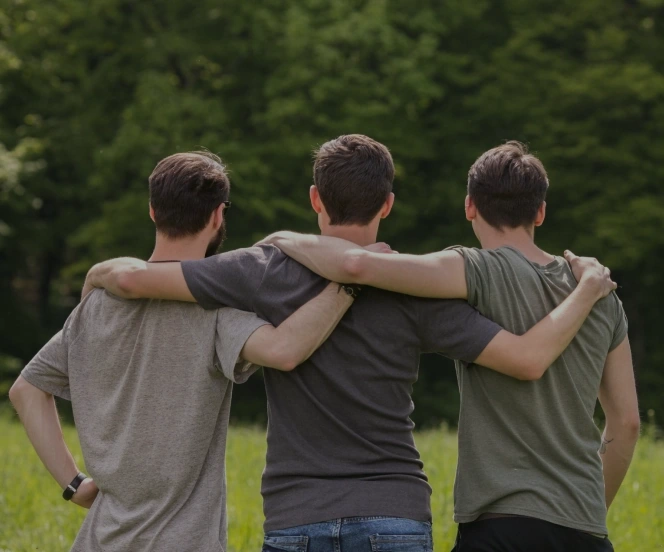
Alcohol significantly affects rapid eye movement (REM) sleep, a vital sleep stage for cognitive functions like memory consolidation, learning, and emotional regulation. Alcohol suppresses REM sleep, particularly during the first half of the night, reducing the amount of time you spend in this restorative sleep phase. Reduced REM sleep can leave you with brain fog and fatigue the following day.
- Alcohol also affects people with central sleep apnea (CSA), which occurs when the brain periodically stops sending certain signals involved in breathing.
- Circadian rhythms affect how the body responds to alcohol, depending on the timing of alcohol intake.
- All this is to say that “just quitting” isn’t always easy, even when alcohol use harms your sleep and well-being.
- If you’re having trouble falling or staying asleep, alcohol consumption could be a contributing factor.
- For instance, we used self-reported alcohol consumption data and self-reported sleep data and therefore these measures may be at risk of reporting bias.
- It may increase the likelihood of waking up in the middle of the night, resulting in grogginess the next morning.
Side Effects of Insomnia
- Ultimately, alcohol can decrease the amount and quality of sleep you get.
- On the other hand, the relationship between relapse and sleep architecture variables remains to be fully elucidated.
- The peak of the salivary melatonin curve occurs around 2AM in middle-aged males (Zhou et al., 2003).
- You may also experience short– and long-term risks that come from having both inadequate sleep and AUD.
- Of these 6,318 men and women, 6117 (96.8%) had data on alcohol and sleep.
Some people who drink frequently develop a tolerance to the sedative effects of alcohol. Sleep deprivation due to alcohol consumption can exacerbate https://ecosoberhouse.com/ performance impairment and daytime sleepiness. Studies have shown that short-term alcohol use can shorten the time it takes to fall asleep.
TREATMENT OPTIONS FOR SLEEP DISTURBANCES DURING ALCOHOL RECOVERY
Napping was common during recovery in one study resulting in longer WASO times, decreased TST and lower SE (Currie et al., 2003a). Over this past decade, knowledge in the field of sleep-related disorders has grown considerably with the evolution of sleep medicine and behavioral sleep medicine as independent sub-specialties, and improved comprehension of sleep disorders and their treatments. Another ramification of this growing body of knowledge is the revision in the diagnostic criteria for sleep disorders. These updated criteria are seen in the third edition of the International Classification of Sleep Disorders (ICSD-3) (AASM, 2014) and the fifth edition of the Diagnostic and Statistical Manual for Psychiatric disorders (DSM-5) (APA, 2013). In this manuscript we will adhere to the ICSD-3 classification for sleep disorders. In 2012–2013, 70.9% of the original cohort who were still alive (age range 61–81 years), participated in phase 11.

Is Your Troubled Sleep a Health Risk?
The more they take, the more they feel they need, and soon, they’ve built a dependency on alcohol in order to feel relaxed. Addiction to alcohol and insomnia commonly co-exist, as many who have trouble falling asleep mistakenly turn to alcohol in order to help them get rest. Nearly half of adults over age 65 report having consumed alcohol in the past year, according to NCOA guest author and alcohol use researcher Paul Sacco.

People who drink alcohol before sleep are also more likely to experience breathing difficulties at night. They will also experience shorter periods of sleep, resulting in less restful sleep overall. 2020 alcohol insomnia research suggests that alcohol impacts the part of sleep known as rapid eye movement (REM). Drinking heavily over time can also disrupt the chemical messengers in the brain, which can affect sleep.

- We’ve covered more on how long before bed to stop drinking alcohol here.
- But its effects can backfire as your body moves through its later sleep stages, making you feel tired and sleep-deprived in the long run.
- This typically happens to people who use alcohol to cope with the effects of mental health disorders.